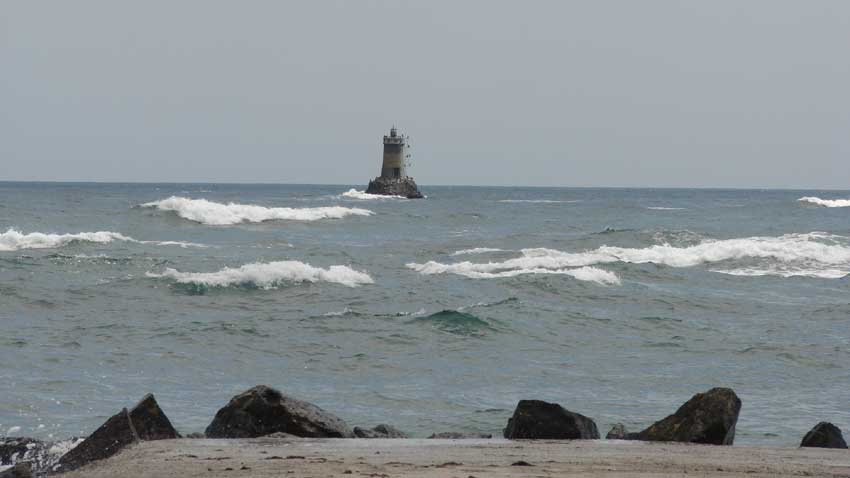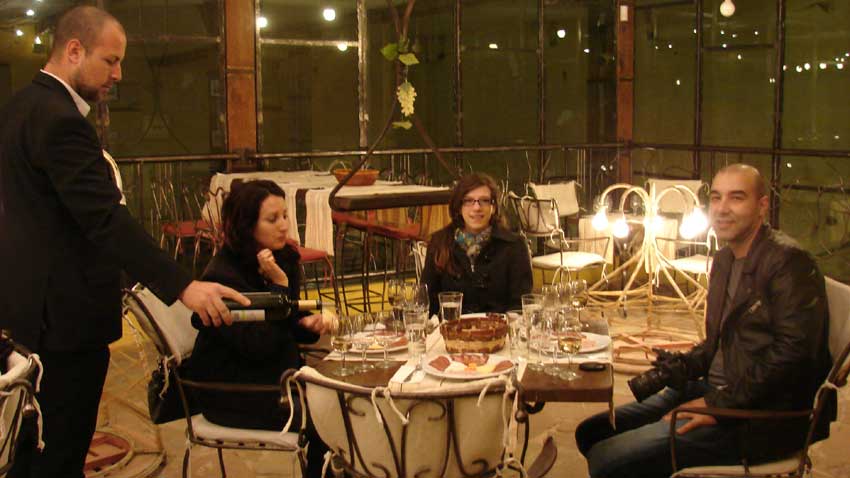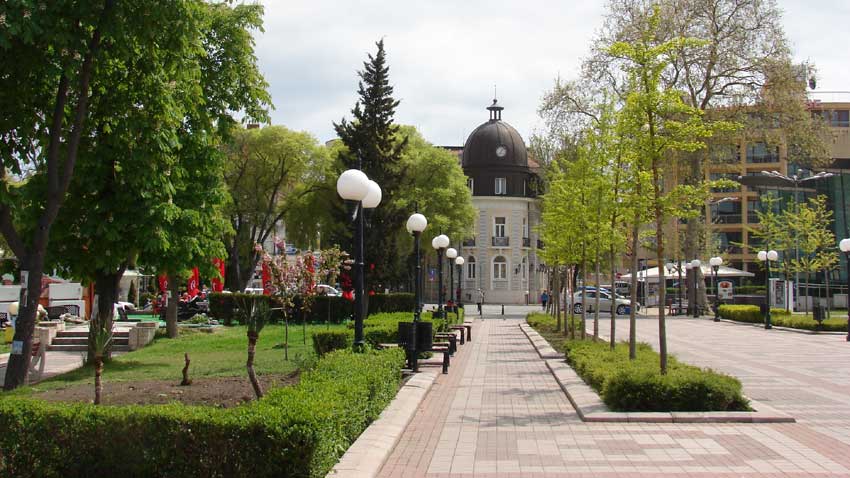
“It is the priceless treasure of Pomorie, formed as sediment at the bottom of Pomorie Lake in the course of thousands of years,” physiotherapist Dr. Antoaneta Grozeva says after long years of experience with mud treatment practices. “Mud improves the musculoskeletal system and the peripheral nervous system, it also strengthens the reproductive system. It has a good cosmetic effect as well on a number of skin diseases. Several methods are applied. The oldest one is the so-called Egyptian method: the body is covered in mud and stays in the sun, then the mud is washed away. We also have mud bathtubs, which are filled with lake water, lye and mud. The patient lies in such a tub for 20 minutes and the effect is on the entire body. Mud applications, where the mud is heated up to 39 – 40C are popular. The whole body is covered again, or just the part that needs treatment and the patient stays for another 20 minutes. This method has the strongest thermal effect. Any mud healing procedure has a powerful impact on the body and so the supervision of a doctor is required.”
Sunbathing in the fresh sea breeze is the perfect addition to the healing spa practices. The dark sand of Pomorie’s beaches has a high concentration of iron oxides and its healing properties have been proven.
Fans of active vacationing can enjoy water skiing, jets, pedaloes and para-gliders. The nights are filled with music, rhythm and dancing. Small restaurants with traditional cuisine add to the charm of Pomorie. Fish is, of course, the trademark, especially fish soup. Fans of fine wine can also find their place here – the wine largest cellar on the Balkan Peninsula is situated in a beautiful park by the sea. Guests can taste the divine elixir through different stages of its maturing and they get acquainted with some of the secrets of winemaking.

“We are now in the old cellar, built in 1932, as the idea belonged to a French architect,” says Mrs. Tanya Petkova, a sommelier at the complex. “It has all been preserved as it once stood. The cellar has three levels. The so-called oenotheque is on the first level; this is where bottled red wines age at a suitable temperature. Large casks, made of Strandzha oak trees, can be found are on the second level. They are hand-made and each one has a capacity of 7 – 8 tonnes. Until two years ago, red cabernet and merlot aged here. The small ones have a capacity of 225 l. and are made of Californian oak wood. The finest Pomorie rakias and brandies are left to age there. The tasting room for tourists is on the third level.”

Holidaymakers with a taste for cultural tourism can never get bored in Pomorie. There is an ancient Thracian tholos tomb not far from the town, the only one of its kind. The only Museum of Salt in Eastern Europe on the lake’s bank, offers visitors a wonderful collection of photographs, maps, replicas and authentic solar salt-extraction equipment. Salt-pans, using the ancient Anhialo evaporation technology, have been preserved here to this day. And if you take a walk in the Old Pomorie Houses architectural ensemble perched on the peninsula cape, you are sure to feel the National Revival time spirit.
English version: Zhivko Stanchev
Photos: Rumyana TsvetkovaBulgaria abounds with diverse nature and beautiful places that anyone would love to visit even more than once. Many tourist destinations are accessible by train. To assist people looking for options for nature walks or trips to other cities during..
More than two million international tourists are expected to visit Bulgaria in the coming winter season, interim Tourism Minister Evtim Miloshev told Nova TV. In total, more than 3.2 million foreign visits are expected, including one-day and..
In the search for scientific facts, researchers of ancient civilizations and cultures also come across fake news created by people in the past. The most interesting thing is that the ancient people often did it in the name of cultural..
A country at the centre of ancient civilisations, whose historic sites sit amongst world-ranked Black Sea coastlines and snow-capped World Cup ski..
Bulgaria is presenting its own stand at the autumn international tourism fair in Bucharest, which is taking place from 21 to 24 November . Visitors to..

+359 2 9336 661
